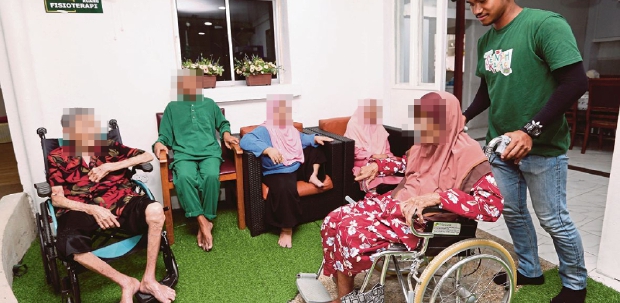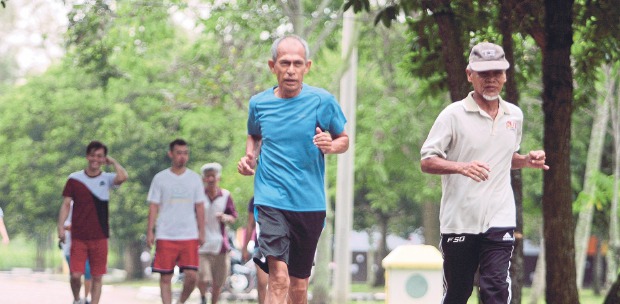Malaysia turns 59 in September, but it has yet a law to compel its citizens to care for their elders.
Respecting and looking after our elders are the ethos of our society, but of late, filial piety appears to have fallen by the wayside.
The Dewan Rakyat was told recently that some 2,144 senior citizens have been abandoned in hospitals nationwide between 2018 and 2022. As this figure involves hospitals only, the whole number is not known. Apparently though, this issue is prevalent worldwide.
The United Nations on June 15, which was the World Elder Abuse Awareness Day, said this: "Elder abuse is a problem that exists in both developing and developed countries, yet it is typically underreported. Around one in six people 60 years and older experienced some form of abuse in community settings last year." This depressing state of affairs is the demographics of an ageing population.
Interestingly, Asia and Europe are home to some of the world's oldest populations. At the top is Japan at 28 per cent of its population, followed by Italy (23 per cent). Malaysia? By global standards, it is fast becoming an ageing nation. The World Bank says Malaysia became an ageing society back in 2020 when seven per cent of its population was aged 65 and above. That number has grown to 10.4 per cent based on the latest statistics.
That is why the Senior Citizens Bill — currently being examined by stakeholders — is long overdue. Yes, most of our seniors are living longer and healthier, and some in their 70s are still employed, albeit on shorter hours and lower pay. But what of those who are not so healthy, unemployed and with no next of kin to rely on? The government should pay special attention to them and have a law to safeguard them.
In some countries, there is a law that allows elders who are unable to care for themselves to claim maintenance from their children. Singapore, for instance, has the Maintenance of Parents Act (1995), where a special tribunal will hear cases of neglect and abuse. And in the United States, filial piety is thriving, and "it's of the enlightened variety, of loving reciprocity", says the American Association of Retired Persons, an interest group that focuses on issues affecting senior citizens.
Other countries have adopted measures such as extending the retirement age beyond 60, providing tax incentives to employers who retain seniors, and encouraging companies to rehire seniors.
The Senior Citizens Bill would do well, then, to have a provision that protects the elderly from being discriminated against, and an addendum to empower elders who lack the mental capacity to make their own decisions about their care and treatment.
Some years back, a Bar Council member had proposed the Mental Capacity Act, much like the United Kingdom's Mental Capacity Act 2005 and Singapore's Mental Capacity Act 2008. The act enables one to draw up the Lasting Powers of Attorney, a legal document that allow attorneys to make decisions on one's behalf on matters relating to property and financial affairs, and healthcare and personal affairs.
Yes, old is gold, but if they are not burnished, preserved and protected, they are nothing more than just trinkets. Surely, our senior citizens are not trinkets?





